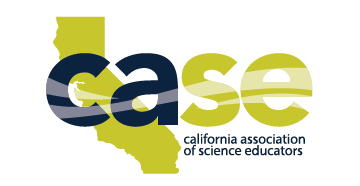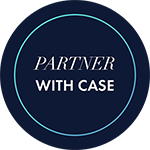
Focus Speakers
Included in Registration
REGISTRATION IS NOW OPEN

Add Short Course, Field Tour and Sound of Music to your Conference Experience.
FOCUS SPEAKERS
Focus speakers are highly regarded scientists and education experts who present 90-minute, in-depth sessions on subjects relevant to science teaching. The focus speaker series allows you to expand your understanding in a wide range of critical topics.
Friday, October 13, 2017
12:30 pm - 2:00 pm
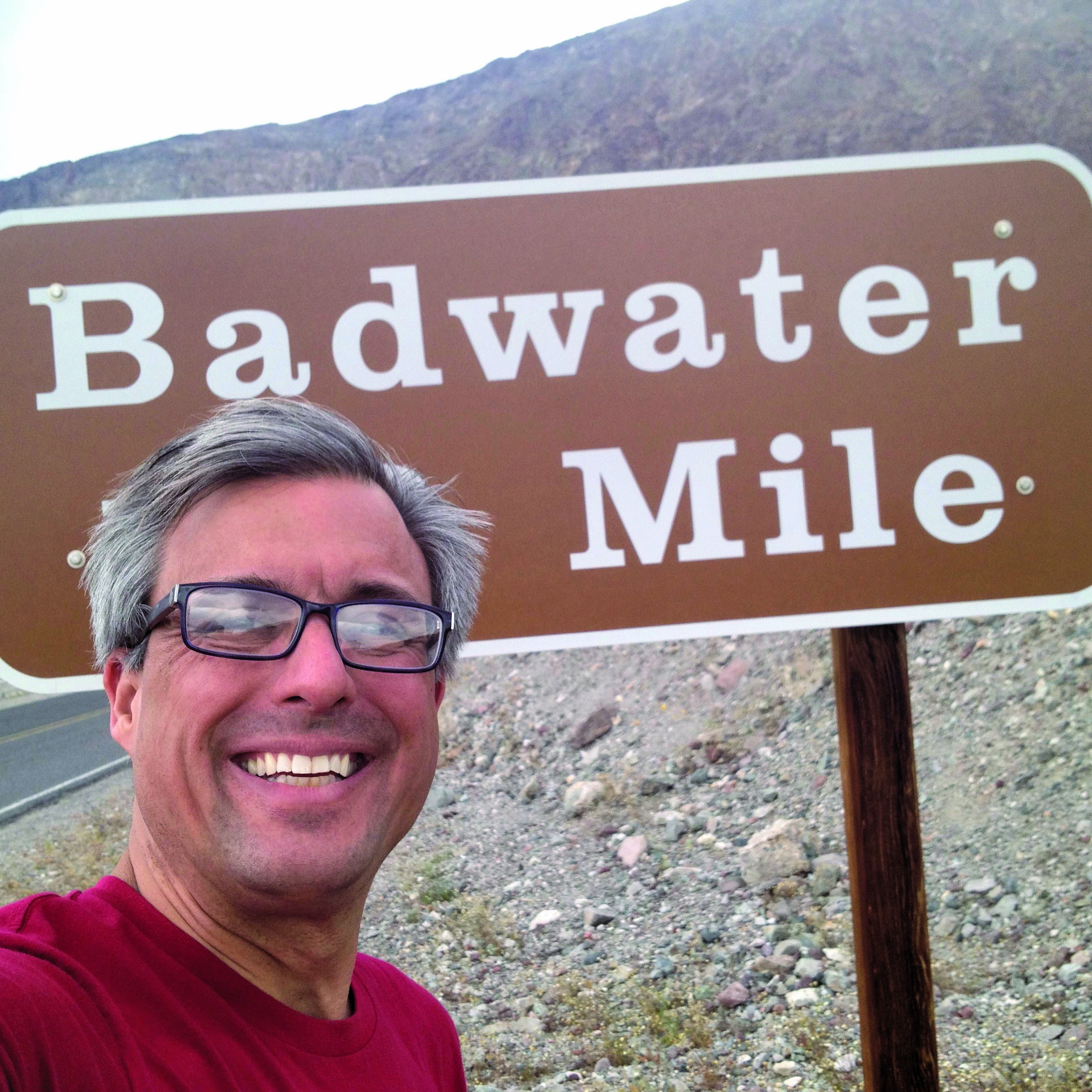
Dr. Robert M. de Groot, Staff Scientist - USGS ShakeAlert Earthquake Early Warning Program
Building ShakeAlert - An Earthquake Early Warning System for the West Coast of the United States
Earthquake early warning systems use earthquake science and the technology of monitoring systems to alert devices and people when shaking waves generated by an earthquake are expected to arrive at their location. The seconds to minutes of advance warning can allow people and systems to take actions to protect life and property from destructive shaking. The U.S. Geological Survey (USGS), in collaboration with several partners, has been working to develop an early warning system for the United States. ShakeAlert, a system currently under development, is designed to cover the West Coast States of California, Oregon, and Washington. Learn about how ShakeAlert works and how it will be implemented.
2:30 pm - 4:00 pm
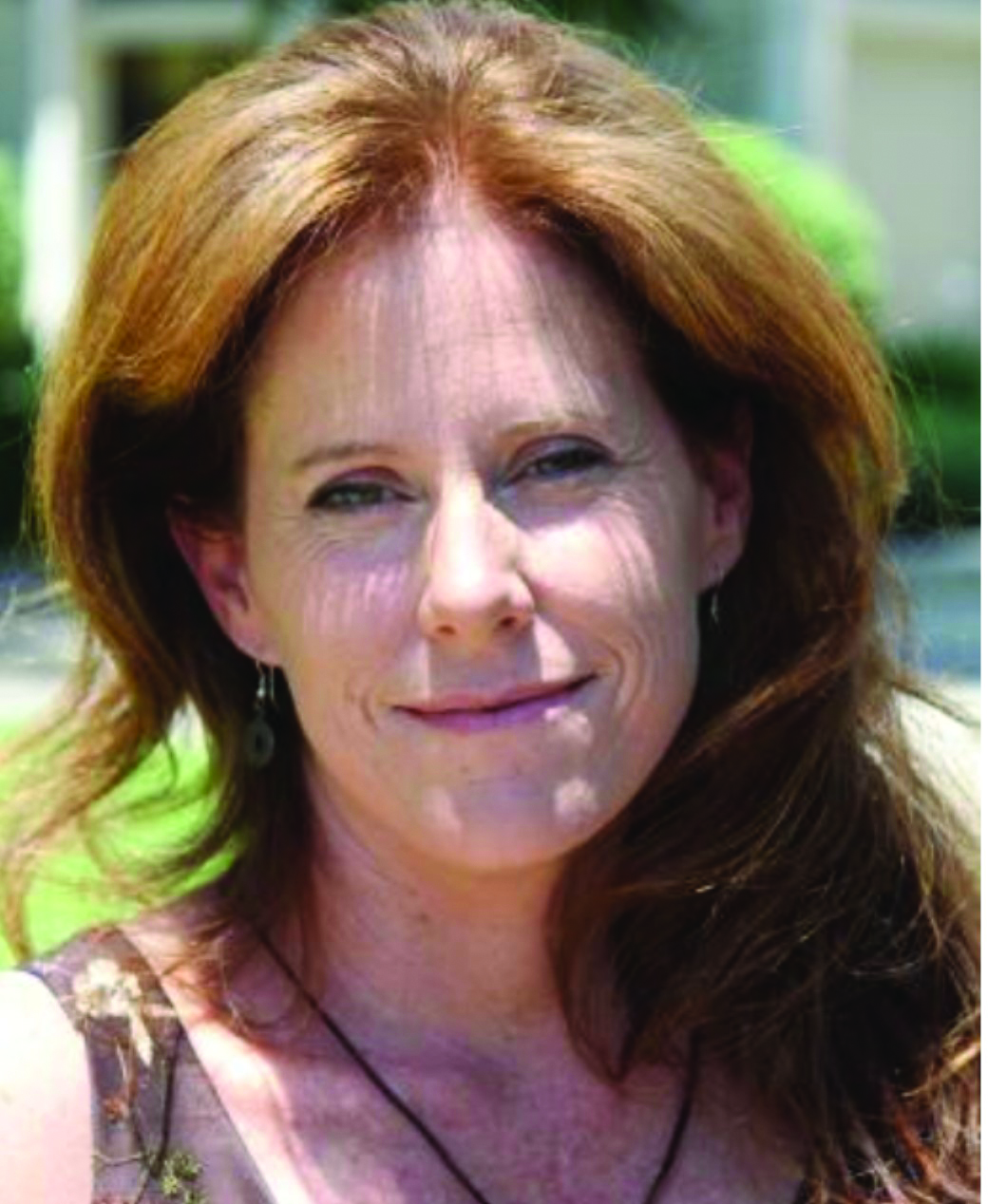
Cindy Passmore, Associate Professor, UC Davis
Let's Figure This Out Together: Sense-Making in the NGSS Classroom
What are we trying to figure out? Come hear about some approaches to teaching science that foreground wonder and curiosity about the world around us. The 8 practices defined in the Framework for K12 Science Education and NGSS provide a roadmap for rich sense making and deep learning.
4:20 pm - 5:50 pm
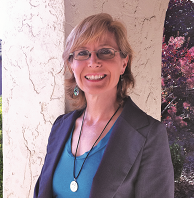
Coral Clark, NASA SMD SciEd Airborne Astronomy Ambassadors Co-Manager
From the Stratosphere to the Classroom: NASA, Flying Telescopes, and NGSS
NASA’s Airborne Astronomy Ambassadors (AAA) is the essence of 3-dimentional instruction and learning, flying teachers aboard SOFIA (the Stratospheric Observatory for Infrared Astronomy) to experience cutting edge science in action! The SETI Institute manages this unique professional development experience, rich in real world phenomena. During our current research cycle, the Program aims to demonstrate student gains in standards-based student learning and measure changes in student attitudes towards STEM.
Saturday, October 14, 2017
8:00 am - 9:30 am
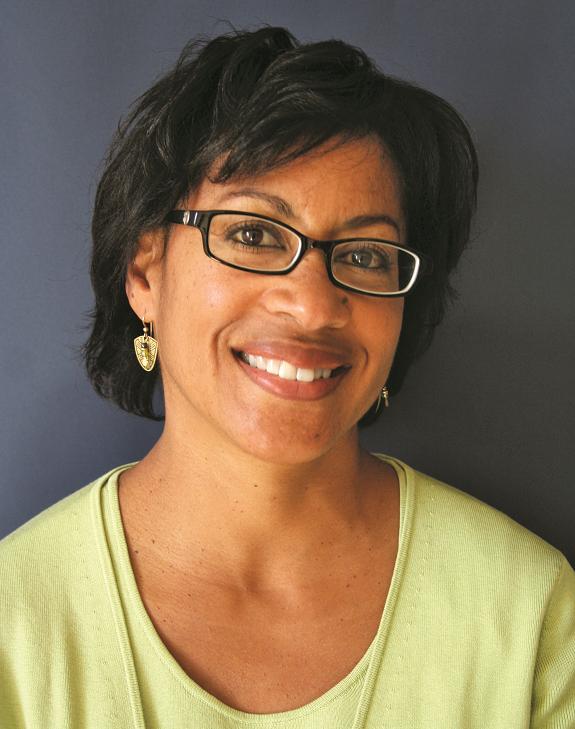
Dr. Lisa White, Director of Education and Outreach, University of California Museum of Paleontology
Increasing the Understanding of Evolution, Nature and Process of Science, and Global Climate Change at the University of California Museum of Paleontology
The University of California Museum of Paleontology (UCMP), a museum uniquely situated on the campus of UC Berkeley, has extensive fossil holdings and significant online resources. These include educational websites, specimen photographs, and digital archival materials supporting the needs of both the research and teaching communities. Two award-winning UCMP websites, Understanding Evolution (www.understandingevolution.org) and Understanding Science (www.understandingscience.org), receive more than 20 million page views annually and provide novel ways to engage the K-16 education community in scientifically valid, real-life portrayals of how evolution and science works. Robust teaching resources and a searchable database containing learning materials aligned with core ideas and cross-cutting concepts within the Next Generation Science Standards and the Common Core enhance these and other UCMP web resources. The next planned UCMP web resource, Understanding Global Change, will fill a unique and sorely-needed niche by providing the content, teaching resources, and strategies that will enable K-16 teachers to effectively incorporate global change science into their existing curricula. The central conceptual framework for the site is embodied in a series of visualizations and draws users to explore the multiple connections among the drivers of global change, the Earth system, and the measurable effects of change.
10:00 am - 11:30 am
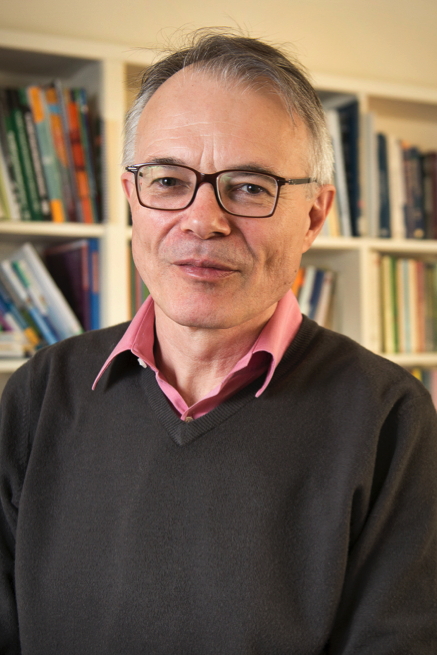
Jonathan Osborne, Kamalachari Professor of Science Education
Assessing Next Generation Science: The Stanford Next Generation Assessment Project (SNAP) Perspective
Assessing the Next Generation Science is a significant change for science teachers and their students. From asking what students know and can recall, the new California science curriculum is asking what students can do with such knowledge. This means that the assessment items have to assess not only knowledge but also their ability to engage in one of 8 scientific practices and their understanding of a set of 7 cross-cutting themes. The Stanford Next Generation Science Assessment Project (SNAP) has been funded by the Bechtel Foundation to work on developing prototypical assessments that might be used. In this talk, I will outline what we have learned and point to some of the challenges for assessment and teaching.
12:00 pm - 1:30 pm
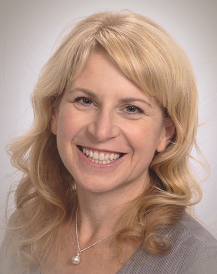
Tricia Shelton, Standards Implementation Specialist, National Science Teachers Association
Instructionally Productive Phenomena
This session focuses on the questions “What are phenomena and how are they used to drive instruction to meet the Next Generation Science Standards?”. Participants will explore various phenomena as a purposeful means of driving science instruction in the classroom. This activity will serve three distinct purposes: (1) help participants to identify what phenomena are/are not (2) help participants build a list of criteria to assist them in selecting phenomena that are instructionally productive (3) Help participants determine how selecting phenomena will guide their work in both instruction and assessment.
Upcoming Conferences
- 2024 Conference
November 8-10
Sacramento, CA - 2025 Conference
October 17-19
Palm Springs, CA

